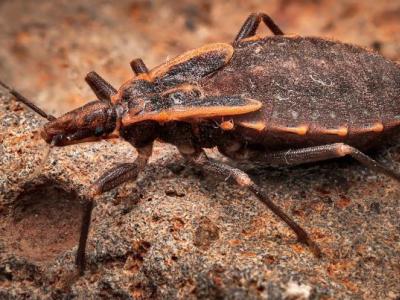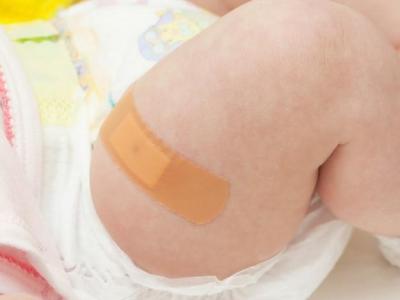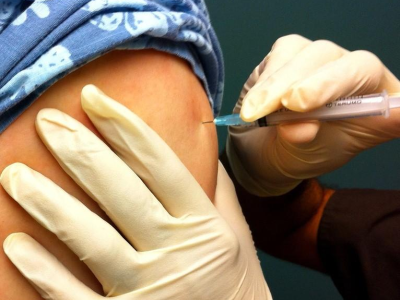The US Centers for Disease Control and Prevention (CDC) said today it recently purchased $2.5 million in lab supplies and equipment to help US labs test for Zika virus and addressed testing delays due to increasing demand caused by rising numbers of local and travel-linked infections.
In other developments, Florida health officials reported four more local Zika cases, the Zika funding impasse continued amid a report that federal officials are tapping into cancer research money, and Southeast Asian health leaders announced a strategy to collaborate on the Zika response.
CDC steps up lab support
Last week the New York Times published a report documenting major Zika test-result delays for pregnant women in Miami-Dade County, and Florida Gov. Rick Scott has asked the CDC for more lab support to help keep up with the demand. Florida—the only place in the continental United States where Zika is circulating—has offered testing free to pregnant women.
The CDC said in a press release that relatively few labs in the United States are certified to test for Zika virus, and local health departments that lack the capacity to do the tests ship samples to the CDC, which can take 2 to 4 weeks to report results.
To help expand testing, it said lab materials from the $2.5 million purchase it made in August have been sent to states to detect both current and recent Zika infections. The CDC said 43 states, the District of Columbia, Puerto Rico, and nine Department of Defense (DOD) labs have received materials to do antibody tests. Of that group, 41 states, the District of Columbia, Puerto Rico, and five DOD labs have been certified to do the test.
Also, the CDC said it has sent materials to do the Trioplex rRT-PCR test that it developed—which tells if a patient has an acute chikunguya, dengue, or Zika infection—to all states, the District of Columbia, Puerto Rico, and 16 DOD labs. So far, all but two states have completed the process to implement testing.
CDC labs in Atlanta, Fort Collins, Colo., and San Juan, Puerto Rico, are processing a high volume of Zika tests from throughout the United States and territories, with samples prioritized according to pregnancy status and other factors spelled out in the CDC's testing guidelines.
Four more local cases in Florida
The Florida Department of Health (Florida Health) today announced four more local Zika cases, three of them from the 4.5-square-mile active transmission area in Miami Beach. Officials said they are investigating where in Miami-Dade County the fourth person was infected.
The new cases lift the state's number of locally infected Florida residents to 89. The number of out-of-state residents exposed to the virus in Florida remained at 10.
Funding squeeze shifts money from cancer, other diseases
With a $1.9 billion request for funds to battle Zika virus still languishing in Congress, 7 months after President Obama requested it on the advice of health experts and public health officials, the National Institutes of Health (NIH) has now had to tap funds earmarked to fight cancer and other chronic illnesses.
Anthony Fauci, MD, director of the NIH's National Institute of Allergy and Infectious Diseases, revealed the information on "Cape Up," a Washington Post podcast. He said that to fund research and development of two Zika vaccines and tests, the NIH first borrowed money from malaria and tuberculosis and then from Ebola.
When Ebola funds ran dry, Fauci said, the HHS secretary had to use her transfer authority to access research funding that was designated for cancer, diabetes, heart disease, and mental health to keep preparations going forward for Zika vaccine trials.
Southeast Asian countries collaborate on Zika response
Health representatives from 10 Southeast Asian countries met yesterday by videoconference to discuss the Zika threat and ways to collaborate on the response. All are members of the Association of Southeast Asian Nations (ASEAN) and included Brunei, Cambodia, Indonesia, Laos, Malaysia, Myanmar, the Philippines, Singapore, Thailand, and Vietnam.
In a statement, they spelled out their commitment and strategy, which includes steps such as increasing local and regional surveillance, stepping up vector control efforts, and sharing new research findings and best practices.
Since the end of August, Singapore, the region's hot spot, has reported 383 local Zika cases, according to the most recent information from the country's National Environment Agency (NEA).
See also:
Sep 20 CDC press release
Sep 20 Florida Health daily Zika update
Sep 12 Times story
Sep 20 Washington Post report
Sep 19 ASEAN joint statement
Sep 20 Singapore NEA Zika page


















